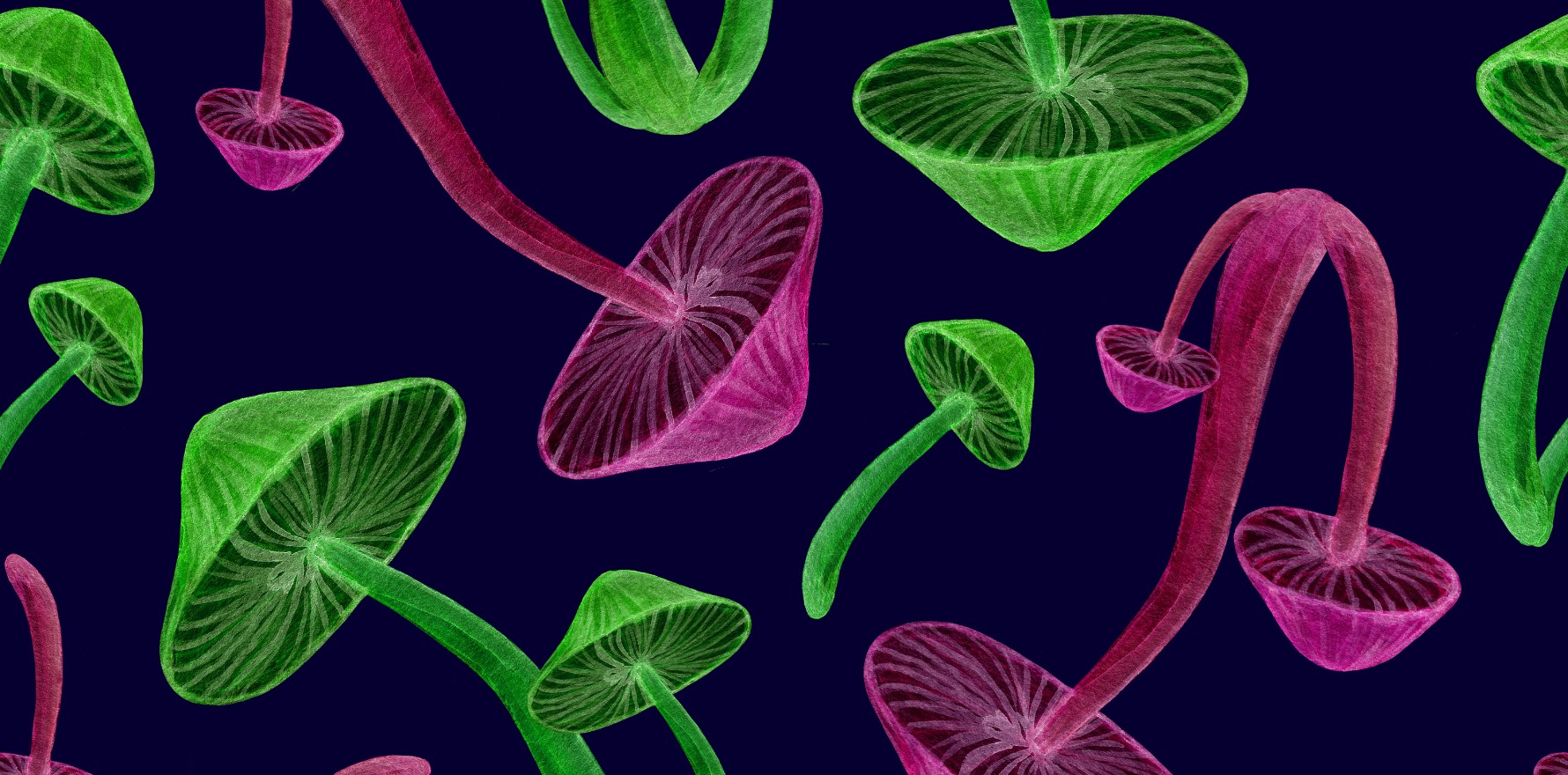Methamphetamine abuse is one of the latest mental health problems to be targeted with psychedelics.
Psilocybin, or magic mushrooms, is in phase III trials as a treatment for methamphetamine use.
Experts say it may help meet the high demand for drug disorder treatment, but won’t be a silver bullet.
The small but apparently world-first pilot trial is investigating whether psychedelic psychotherapy can help people stop or reduce methamphetamine use. Fifteen clients will be given counselling sessions before taking a small dose of psilocybin in a comfortable, safe setting, under clinical supervision, and then provided with more therapy sessions.
“There’s a large treatment need for methamphetamine use disorder,” said clinical pharmacologist and toxicologist Dr Jonathan Brett at the 2021 National Drug and Alcohol Research Centre (NDARC) symposium on Wednesday.
“There’s 1.3 million people in Australia living with this. About a third experience very high levels of distress, and it’s accompanied by a whole range of burden of disease as well.”
Psychedelics are useful in the context of drug treatment because they increase connectivity between areas of the brain. These compounds are agonists that stimulate the serotonin 2A receptor, and the higher the dosage, the more intense the experience.
“There’s a wealth of evidence that 2A signalling links to … brain, mind and behavioural plasticity,” explained Dr Robin Carhart-Harris, head of the Centre for Psychedelic Research at Imperial College.
“With psychedelic therapy, critically in a combination treatment, you’re trying to harness or exploit that window of opportunity for therapeutic end.”
But psychedelics, like any treatment for methamphetamine addiction, are not a magic pill, said Dr Nadine Ezard, whose study into lisdexamfetamine for treating methamphetamine addiction is expected to wrap up in December.
“There is never a magic pill for anything, it is always delivered in context with other kinds of supports around it,” she said. That means thinking about how it will translate into clinical practice, and how it will be delivered – things like regulation, psychosocial support, accessibility and funding.
“If we go in cautiously and are rigorous in our thinking then we may, this time, not lose the potential therapeutic opportunities.”
This approach shouldn’t be confused with magic mushroom experiences in the wild.
“Being chronologically gifted enough to have lived through the late 60s and early 70s, these sorts of drugs were everywhere…and I saw a lot of people do very crazy things,” panel member Emeritus Professor Wayne Hall told the NDARC symposium.
Researchers in Australia and around the world have been building on and moving beyond early research into psychedelics from the 1950s-70s, and the results are promising. In Australia, the federal government announced $15 million for research into psychedelics and mental health, including addiction.
“There’s potentially a real synergy between psychotherapy and pharmacology,” Dr Brett told the symposium. “The therapeutic effects and the safety profile is positive when you look at the two in combination.”


